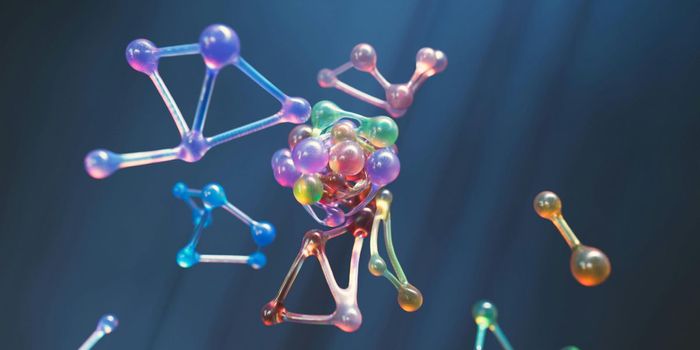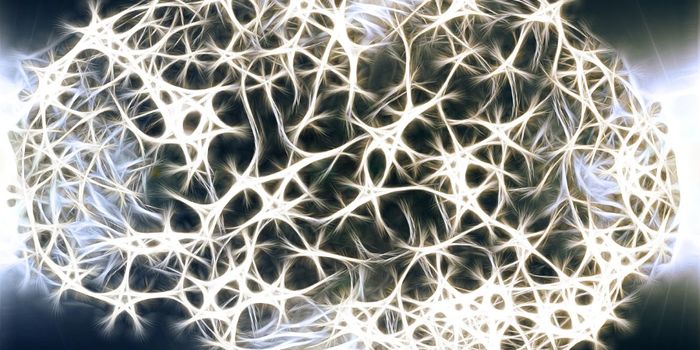Links between Neuroscience and Paranormal Beliefs
A recent review of 71 published parapsychology studies indicated an association between paranormal beliefs and cognitive differences or deficits. Researchers from the University of Hertfordshire published the review findings in the journal PLUS ONE. The comprehensive review summarized forty years of research into phenomena like clairvoyance, psychokinesis, hauntings and other parapsychology topics. The research studies covered a range of cognitive functions, such as reasoning ability, thinking style, and memory. The review found that paranormal beliefs are associated with an intuitive thinking style. The link between paranormal beliefs and cognitive flexibility gives scientists a deeper insight into how the human brain processes mysterious or unexplained phenomena that may have implications for treating perception, neurological, and psychiatric disorders.
Parapsychology is an evolving research field, and its scholarship offers insights into understanding how humans experience and process paranormal phenomena. Findings are helpful for understanding the sensations and responses that involve the mind-body connection. An example of this kind of mysterious body-mind experience is phantom pain. Without the usual neural communication that happens between a brain and limb, people sometimes experience a distinct pain or tingling where a severed limb formerly existed. The term “ghost limb” was coined by physician Samuel Weir Mitchell when he discovered Civil War soldiers with amputated arms or legs experienced phantom pain.
The last review of paranormal research happened 30 years ago, so this current review identified key research gaps and limitations in methodology to address in future research studies. For example, most participants in past studies were college students, so future research designs should broaden participant inclusion for generalizability. Future studies can also take a closer look at reasoning ability that happens during a perceived unexplained event. According to the review authors, “Four decades of research suggests that belief in the paranormal is linked to our degree of cognitive flexibility and fluid intelligence; however, methodological improvements in future research are required to further our understanding of the relationship.” Further research on the association between paranormal beliefs, fluid intelligence and intuitive thinking style will yield valuable insights for cognitive science and neuroscience.
Sources:
Eureka Science News Alert, PLUS ONE, Psychology Today








